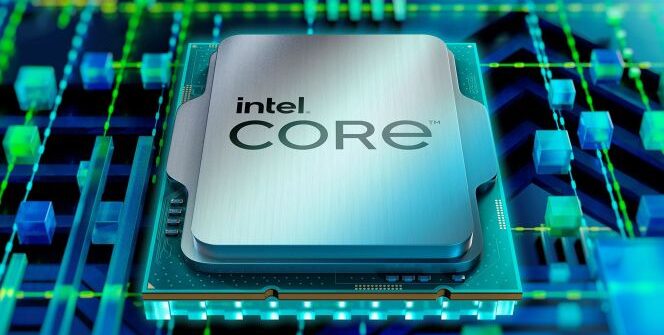TECH NEWS – Italy is investing $4.6 billion to help Intel build chips in Rome.
Reuters reports that by 2030, the Italian government plans to invest $4.6 billion to allow Intel to manufacture chips for desktop computers there. To do it, the Italians want to build an advanced chip factory so that Intel can produce here with its unique technological developments. It would mean that within the European Union, the prices of Intel’s products could see a drop, as the local manufacturing would cut the costs of transferring the items.
According to Reuters, the Italian government would offer Intel money and “other favourable terms” to help the tech company produce chips so that up to $9 billion could be spent in the Mediterranean country. Italy has also approached other companies (STMicroelectronics, MEMC Electronic Materials Incorporated, Tower Semiconductor), but these three companies are planned to be acquired by Intel in the future.
Reuters pointed out that Intel is demanding more and more, so the negotiations are not progressing as smoothly. In September, the company said it would invest $95 billion in Europe over the next ten years. Rome’s offer is subject to new rules on financing long-term chip prices published under the European Commission’s Chips Act. Meanwhile, Brussels has a €15 billion plan for further investment open until 2030 and has a €30 billion investment plan from NextGenerationEU, Horizon Europe, and national allocations.
Italy has an €8 billion package to help save energy and curb soaring costs. It plans to issue €150 million this year and €500 million annually from 2023. The government adds that it will encourage ” research and development of microprocessor technology and investments in new industrial applications of innovative technologies”. There are also plans to convert existing industrial sites, but they condone building new factories in Italy (which seems to go against the advanced chipmaking plant thought).
Chipmakers are keen to boost production, as the coronavirus pandemic has led to many people working from home, and consequently, demand for user electronics has increased significantly. And the EU is looking to reduce its dependence on China and the US for semiconductors and chips, which creates supply chain problems. And local production would make hardware more readily available…
Source: WCCFTech
















Leave a Reply